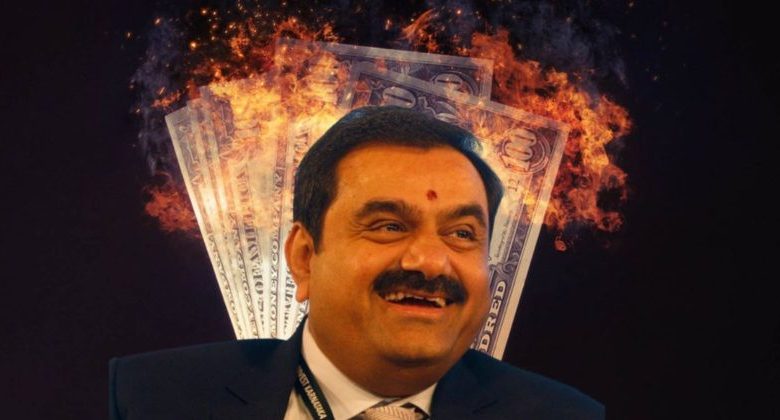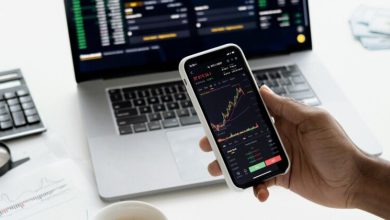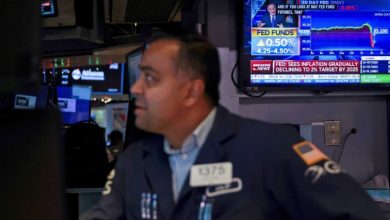Short Seller Report Forces Billionaire Adani into Margin Call With Banks

Billionaire businessman Gautam Adani was margin called on a $1.1 billion loan after his companies’ stocks lost billions of dollars in market value following a Jan. 24 report by U.S. short-seller Hindenburg Research that alleged massive ongoing accounting fraud and stock manipulation by the Indian conglomerate.
The flagship company, Adani Enterprises is under investigation by the Securities and Exchange Board of India (SEBI) for trade patterns and potential irregularities over a canceled $2.5 billion share sale.
Worth about $236 billion before Hindenburg, Adani stocks lost about $120 billion in value from Jan. 24 to Feb. 13 and billionaire Adani has lost his ranking as the richest man in Asia over the short seller report and action.
Shorting involves betting the value of a stock will go down, selling a stock with the aim of buying it back later at a lower price and profiting from the difference.
As Adani stocks continued to tank, the lenders of the $1.1 billion loan, which included Barclays, Citigroup and Deutsche Bank, informed Adani of a margin call equivalent to 50 percent of the loan in cash — more than $500 million, the amount of stock pledged against the loan, Financial Times reported.
Instead, the Adani Group founder and his family opted to repay the loan completely. Four people with direct knowledge of the matter said the repayment was made to avoid further damage to investor confidence.
In its Jan, 24 report, short-seller Hindenburg Research alleged massive fraud and announced its short position in the firm, detailing multiple allegations against the conglomerate’s companies. It said the group has “engaged in a brazen stock manipulation and accounting fraud scheme over the course of decades.” The report was titled “Adani Group: How The World’s 3rd Richest Man Is Pulling The Largest Con In Corporate History”.
Hindenburg Research tweeted that Adani’s accounting irregularities and sketchy dealings seem to be enabled by virtually non-existent financial controls. It also tweeted that CFO turnover — five in eight years — indicates potential accounting irregularities.
Adani has controlled its own narrative and has long been seen as untouchable despite previous fraud allegations, according to Brian Freitas, founder of the research firm Periscope Analytics. “That’s kind of broken now,” Freitas said.
Adani’s businesses include coal, ports, railroads, power plants, electrical transmission lines, cement, gas, cooking oil, airports, and a data center. No other person in India’s modern history has built such a presence in so many parts of the economy in such a short time, Bloomberg reported. Shares of Adani Group companies skyrocketed during the global rally in stocks and other assets in 2020 through 2022 making Adani, the main shareholder, the second richest man in the world with a net worth of $150 billion, second only to Elon Musk, according to the Bloomberg Billionaires Index.
But not everyone believed in Adani. His companies’ steep valuations defied financial logic and the number of shares that could be freely traded by outside investors was relatively small. His family-controlled conglomerate was opaque and complex. Hindenburg’s report hit just as Adani Enterprises launched a share offering in November, announcing it would sell shares worth $2.5 billion. The goal was to legitimize the company’s soaring value, get analyst coverage and attract new shareholders, especially small Indian investors, Bloomberg reported.
“The story of Adani is the story of India,” chief financial officer Jugeshinder Singh told reporters in January at the shore offering launch. “Every household of rural India can invest in it.”
Weeks after the Jan. 24 Hindenberg Report, Adani now ranks No. 21 on the Bloomberg Billionaire Index and is worth an estimated $55.8 billion.
Some Indians saw the Hindenburg report as an attack on India itself. Others said it was the price paid for being a publicly traded company. “Adani has been telling the world that Adani is India and India is Adani. This is bullshit,” PN Vijay, a wealth manager in New Delhi, said in an interview on India Today. “This is the stock market. In the stock market, short selling goes on every day.”
The 2015 movie “The Big Short” dramatized short selling in the weeks leading up to the collapse of Lehman Brothers and the government’s decision to bail out the largest U.S. banks and companies. It shone a light on the subprime mortgage crisis of 2007-2008 and the people who predicted and profited from it. One of those people was Michael Burry, the manager of the hedge fund Scion Capital, who suspected in 2005 that the booming U.S. housing market was an asset bubble inflated by high-risk loans. Burry created a financial instrument called a credit default swap which allowed him to short the housing market by betting that housing prices would drop.
Lehman Brothers was forced to file for bankruptcy and its stock fell 93 percent.




